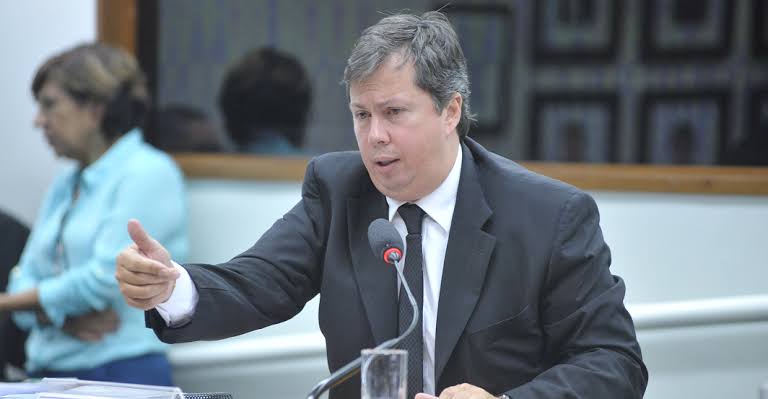The director-president of the International Institute of Identification (InterID), Célio Ribeiro, will participate in a Public Hearing in the Chamber of Deputies, in Brasília-DF, to discuss the Identification Program in Brazil, with a special focus on neonatal identification and the fight against disappearance of children and adolescents in the country. The hearing was proposed by federal deputy Flávia Morais (PDT/GO), who coordinates the Joint Parliamentary Front for Guaranteeing the Right to Identity (FrenID).

Ribeiro explained that Brazil’s Identification Program represents an important milestone in seeking to correct gaps in citizens’ document cycle.
“The lack of integration between the systems that deal with registration of births, deaths, civil registries and the issuance of identification documents throughout the national territory raises questions of social magnitude and encourages fraudulent practices. The media has persistently highlighted these difficulties, including exchanges newborns in maternity hospitals, alarming cases of kidnapping of children and adolescents, significant underreporting and the subsequent loss of control over deaths in the country. of identification from the first moments of life”, he commented.
The Public Hearing is scheduled for the next 30th of August and will be held at the Commission for Social Security, Social Assistance, Childhood, Adolescence and Family, together with the Commission for Public Security and Combating Organized Crime.
Also summoned to participate were the Deputy Executive Secretary of the Civil House of the Presidency of the Republic, Pedro Pontual, the National Secretary for the Promotion and Defense of Human Rights, Isadora Brandão Araújo da Silva, the Secretary for Health and Environment Surveillance, Ethel Leonor Noia Maciel, the National Secretary for Digital Government, Rogério Mascarenhas, the Chief Judge of the 2nd Childhood and Youth Court of Recife, Élio Braz Mendes, in addition to representatives of the National Secretariat for the Rights of Children and Adolescents and the National Council for the Rights of the Child and Adolescents (CONANDA).

